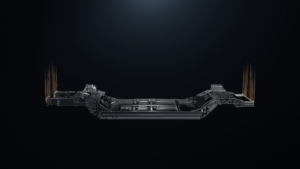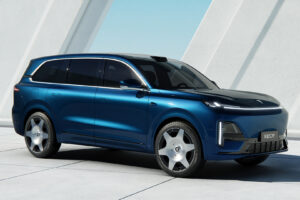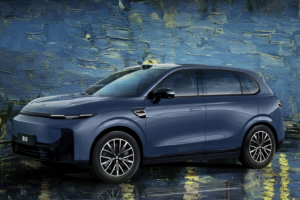Both brands signed a deal in April 2024 to co-develop the CEA platform to underpin future electric Volkswagens.
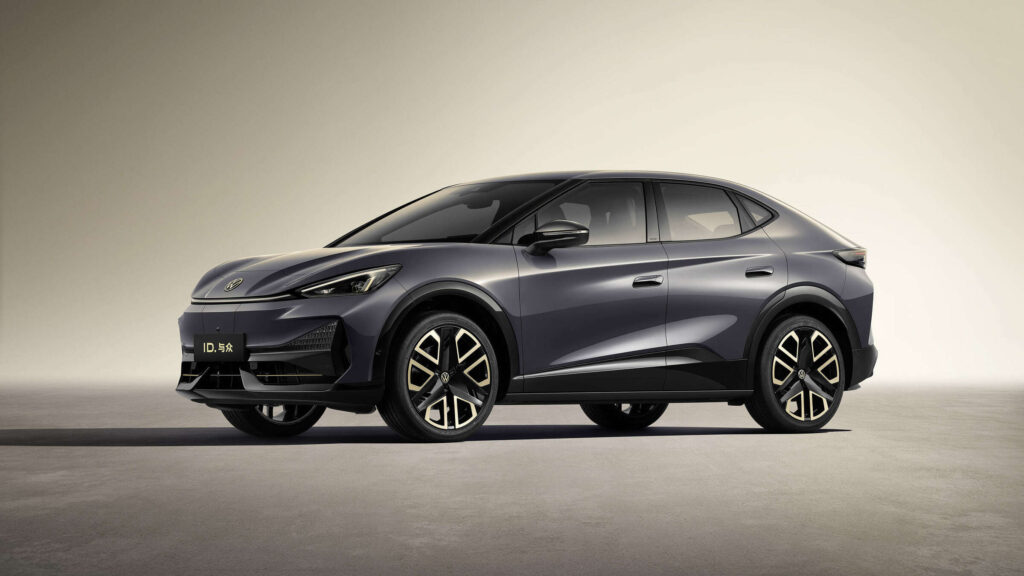
Volkswagen Anhui has decided to cancel future models based on VW’s MEB platform, instead moving them to the CEA platform they are co-developing with Chinese EV maker XPeng.
The move, reported by Chinese media outlet AutoPix, is a result of poor sales figures for the MEB-based Volkswagen ID.UNYX since it launched on the Chinese market in July.
The report states that only a handful of large customer orders and a few hundred retail sales have been completed since, indicating a general apathy towards the existing setup which is widely considered to be some way behind the local offerings.
As such, four future models on the MEB platform that had been penned for launch by the end of 2026 have been canned, with all future models set to sit on the CEA (China Electrical Architecture) platform that the collaboration with XPeng is developing.
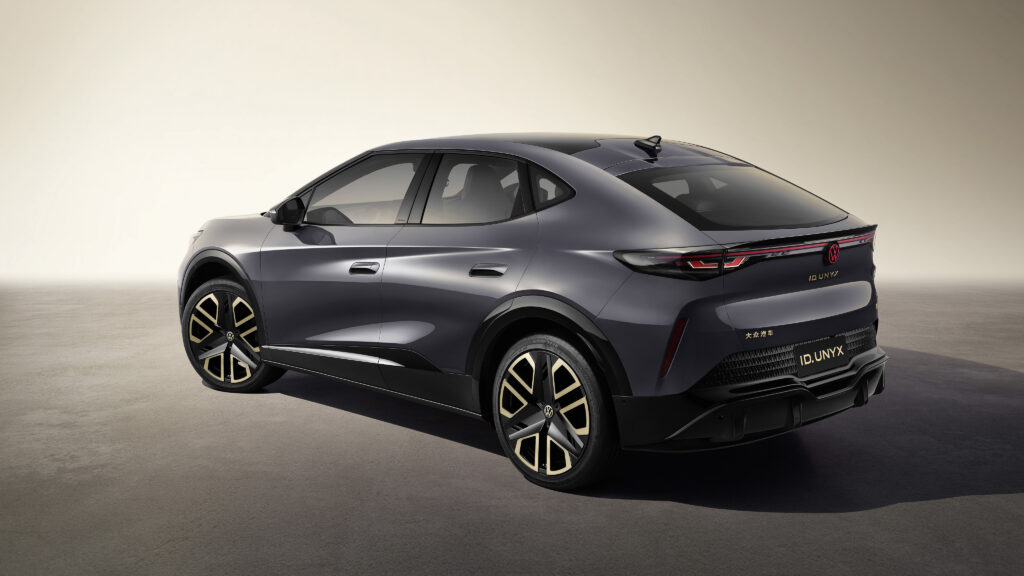
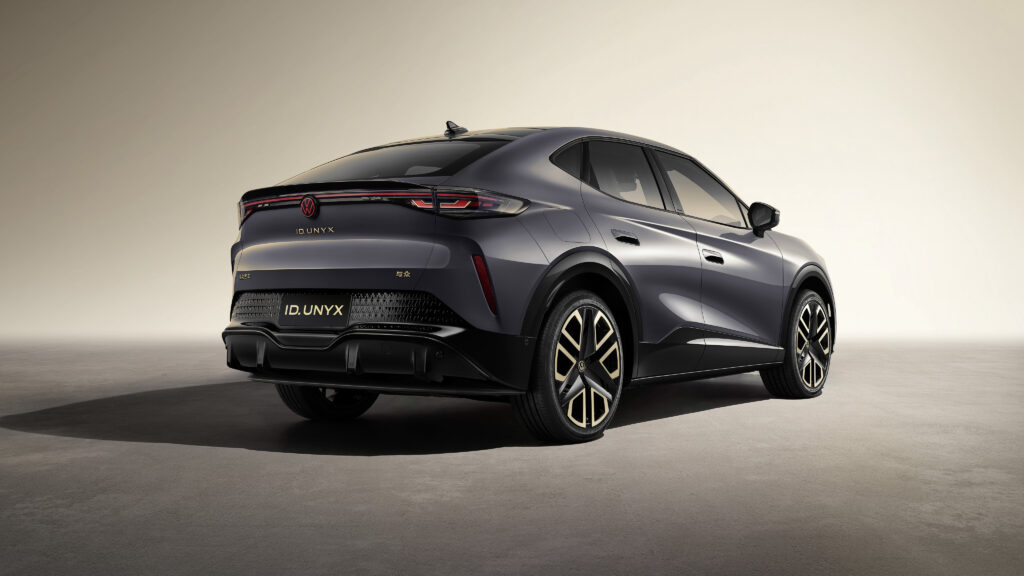
The first model on the CEA platform is scheduled to come online at the end of 2025 ahead of sales in 2026, and only after this will the company launch the model they had initially planned to follow-on from the ID.UNYX.
Further ahead, a line of vehicles developed on the “CEA architecture + CMP platform”, an initial successor platform to MEB, are expected to begin sales from 2027 onwards.
The news comes amid a number of setbacks for Volkswagen, most notably in Germany where the company is looking to close three factories and downside others in a move that could cost thousands of jobs.
Poor financial figures have been blamed, particularly in China where VW’s core business has come under increased pressure from more affordable hybrids models from the likes of BYD, who overtook VW as the leading sales brand in China in 2023.
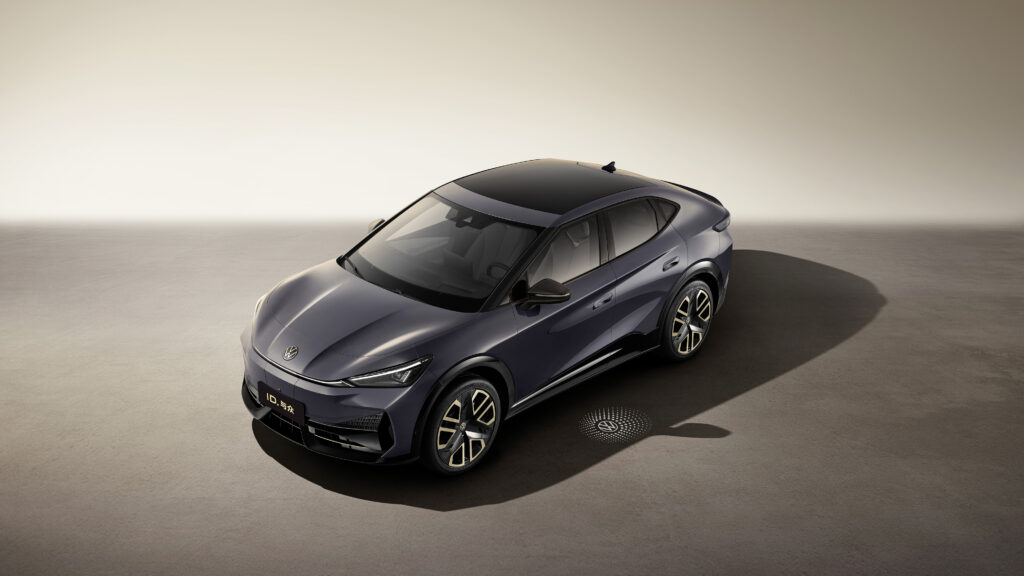
Volkswagen Anhui and the ID.UNYX
Volkswagen Anhui is a separate business from Volkswagen’s joint ventures with FAW and SAIC that produce different VW models for the Chinese market. It was initially set up with JAC to produce SEAT-badged cars and later Sehol, but was renamed Volkswagen Anhui after VW took a 75% stake in the business in 2020.
The ID.UNYX was the company’s first model, an electric SUV around the same size as an Audi Q5 with similar styling to the Cupra-brand models sold in Europe. Officially priced from RMB 209,900, or around $29,000, it’s currently eligible for a roughly 20% discount of RMB 40,000 until December 31st.
It can be specified with either a single 170kW rear-mounted motor, or dual 80kW and 170kW motors, uses an 80kWh NMC battery for up to 614km of range, and has a max DC charging speed of 100kW, reasonable figures but not particularly market-leading.
Sadly, for those looking for something exciting, it comes in a range of five colours ranging from white, black, grey, silver, and gold, and seems to only be available with a drab black interior despite a white version being showcased on the product page.
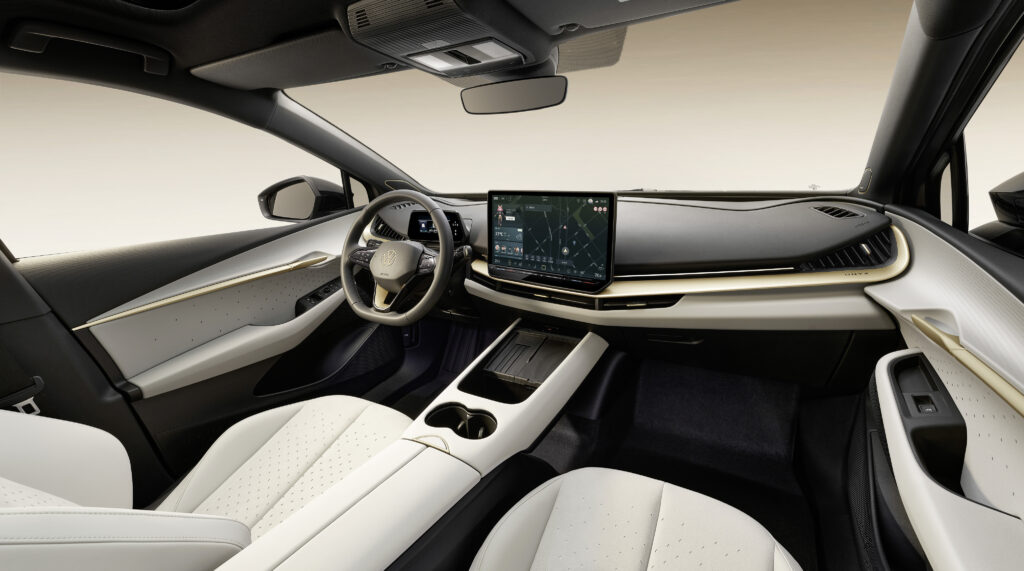
For the price, it’s a hard sell in a market where considerably better and more technologically advanced products are available at lower or similar prices, and from anecdotal evidence it doesn’t seem all that well promoted either.
More affordable, more technically capable electric VWs do appear to be on the way though, with the report suggesting models based on the CEA architecture will retail from between RMB 140,000 and RMB 180,000, but 2026 is a long way in the Chinese car market. Who knows what technology they’ll be competing with by then.

